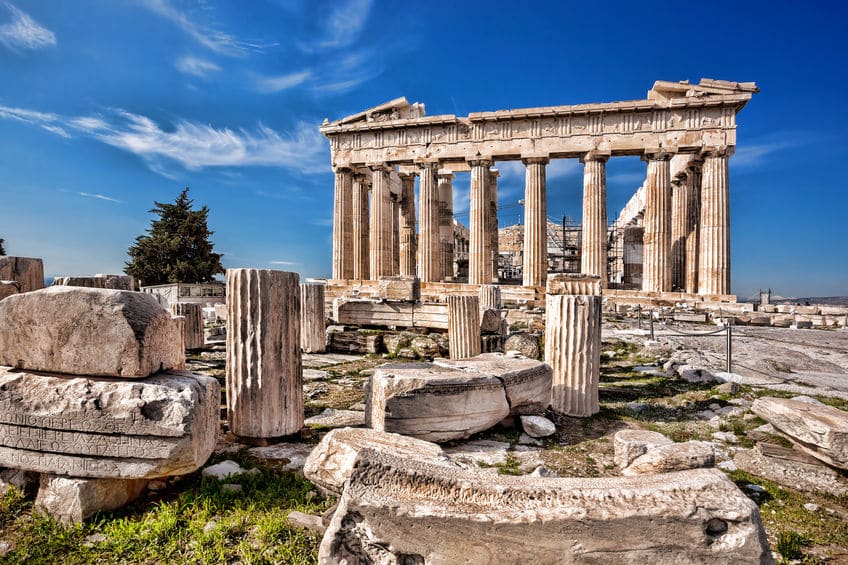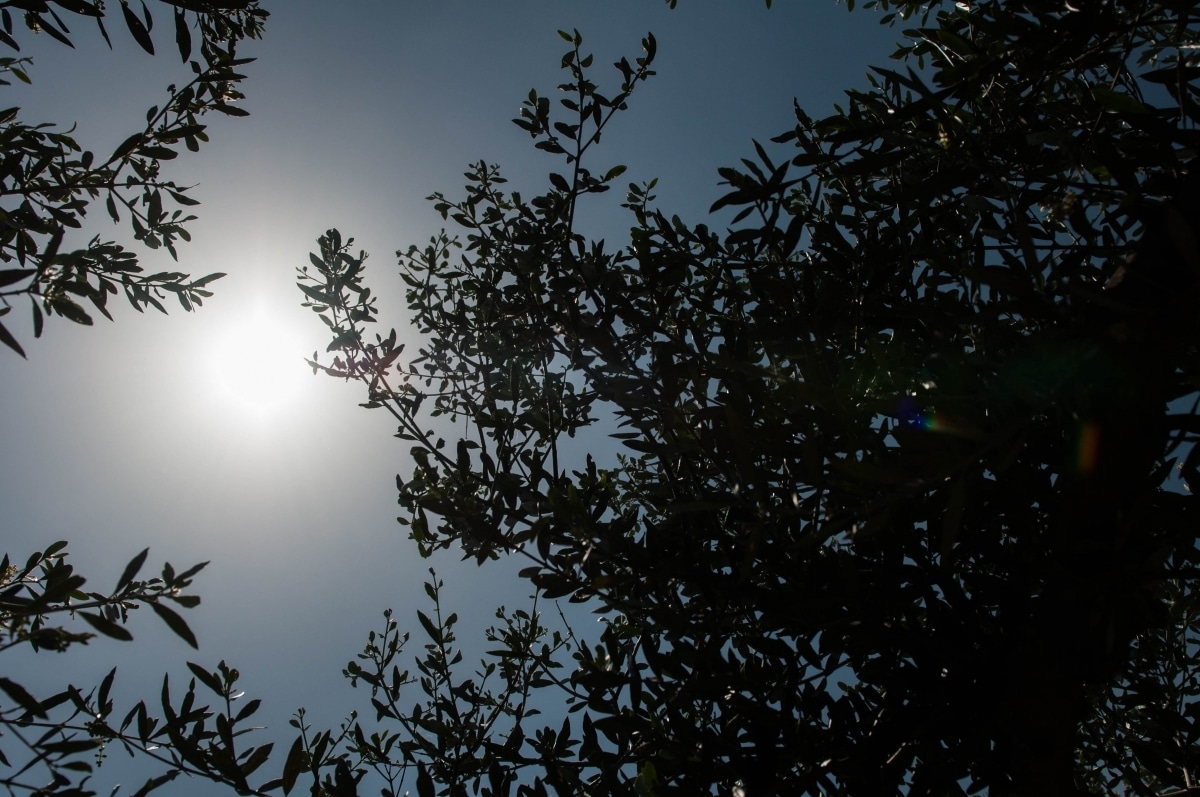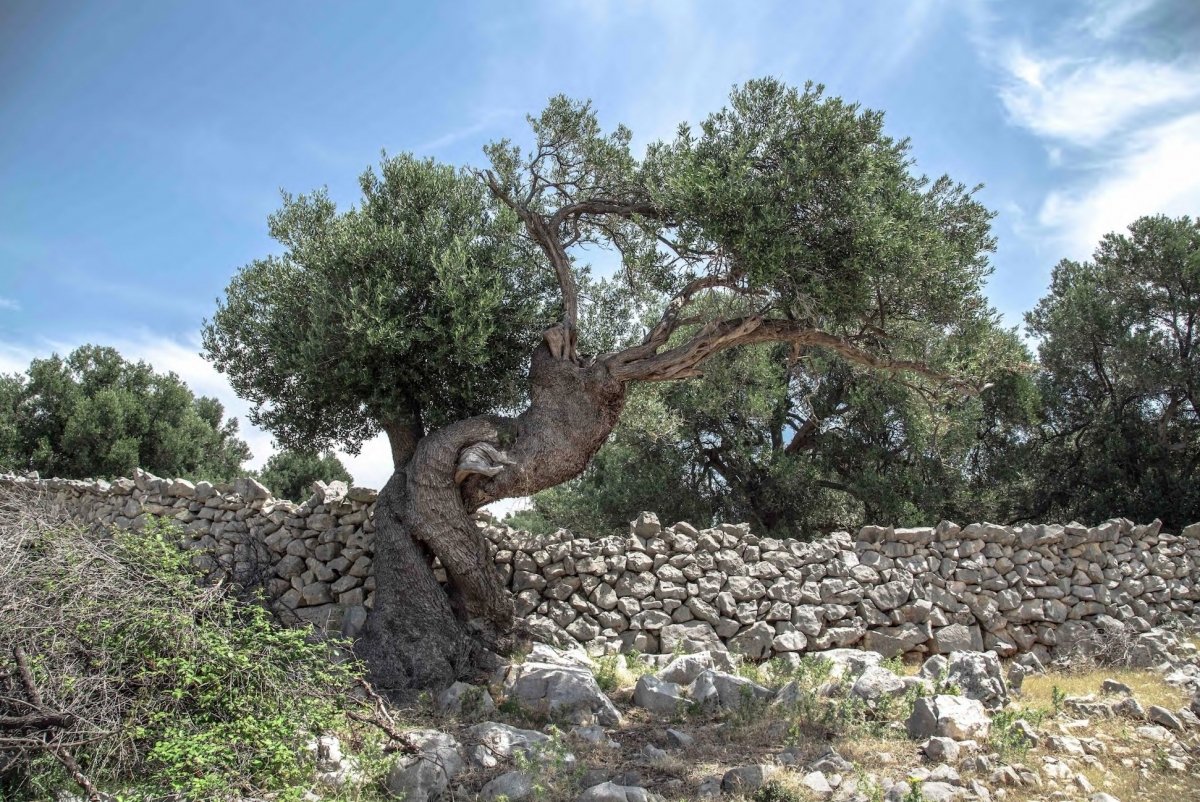The symbolism of the olive tree (both in its entirety and dissected) plays a major role in Greek culture. From Antiquity to modern times. Logically, the latter follows from the former. The olive tree is more than just a provider of olives and olive oil.
Greek Antiquity
Let’s begin with Greek Antiquity. Around 800 BC, the famous poet Homer lived, best known for his work ‘Odyssey’. In this text, he refers to ‘liquid gold’, meaning olive oil. The Greek hero Hercules also had a connection to the olive tree. He wore a wreath of olive leaves and his club was said to be made of olive wood. He even planted an olive tree in the city of Olympia.

The Greek goddess Athena also encountered the olive tree. She gifted the city of Athens its first tree. And not just any tree. She was in a contest for the city with the god Poseidon. While he struck the rock of the Acropolis to create a small lake, Athena offered an olive tree that bore fruit almost immediately. The people considered this a more valuable gift and named the city after her.

Symbol of peace
Something we unfortunately forget from time to time in today’s world is to promote peace. In Greek mythology, the olive tree symbolized peace. During a war, if a ceasefire needed to be called, one side would offer an olive branch to the other. In personal conflicts, offering an olive branch was also seen as a gesture of reconciliation.

Symbolism in modern times
Even today, the olive tree (not as enormous as the ones on our estates, by the way) is given as a gift for special occasions. For example, gifting an olive tree at the birth of a child affirms a lasting bond. It also serves as a lasting memory of friendship and connection. Similarly, olive trees are gifted for weddings, symbolizing friendship and enduring relationships. Apparently, the olive tree has become one of the most desired gifts.
The olive tree is also increasingly seen in cemeteries next to gravestones. As a sign of love and loyalty, it adds another dimension to the connection between loved ones and family. Some people also choose to have their loved ones cremated and bury the ashes beneath an olive tree.
Would you like to receive more of these kinds of facts, delicious recipes, and more in your inbox each month? Subscribe to the Gkazas newsletter.
















